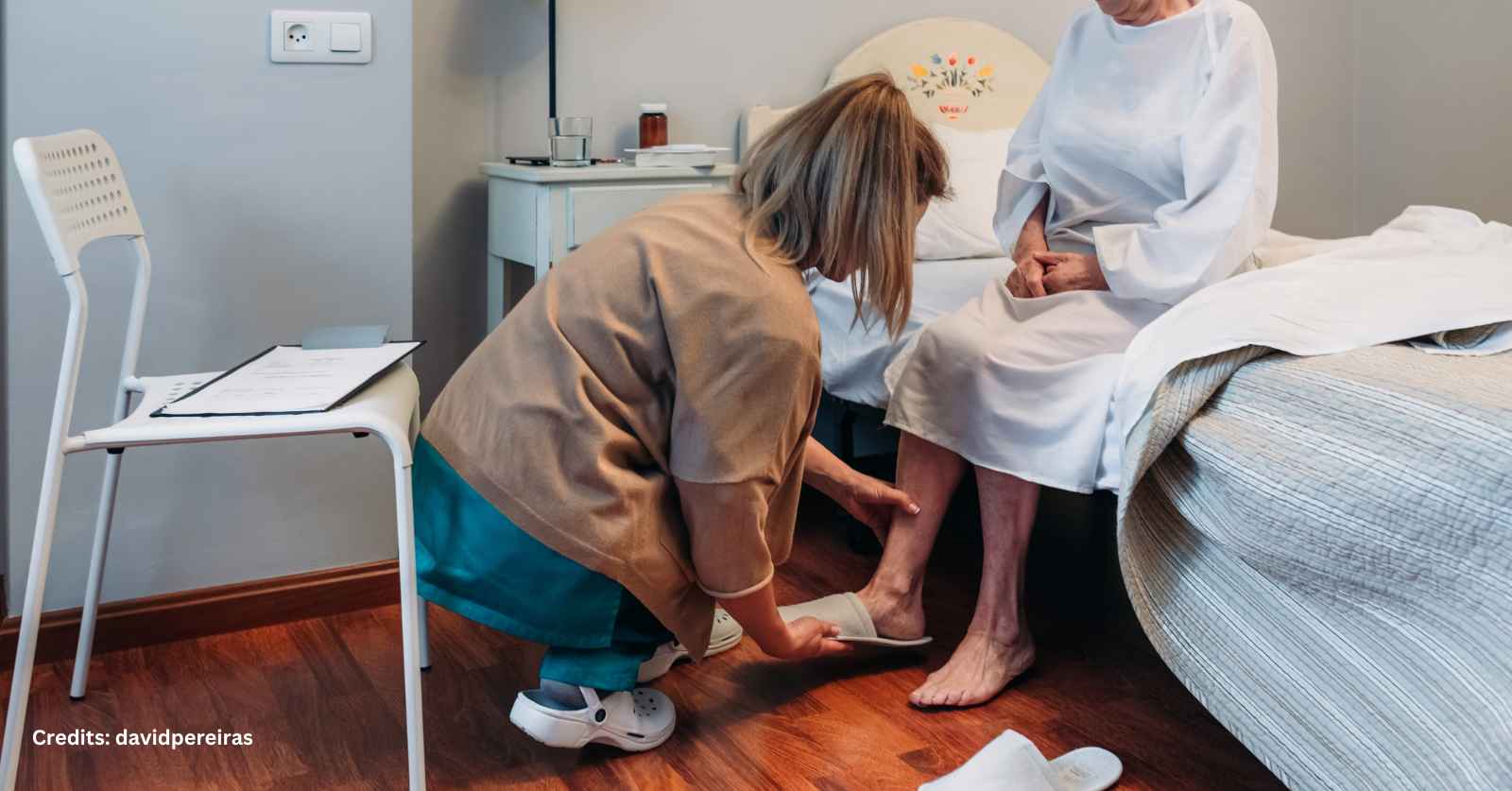In a major step toward alleviating Australia’s workforce shortage, the Albanese Government is slashing red tape to facilitate the recruitment of international medical graduates (IMGs).
This aligns with recommendations from the independent Kruk Review on regulatory settings for overseas-trained healthcare professionals.
A key change involves removing the requirement for IMGs to obtain a Health Workforce Certificate (HWC) or Health Workforce Exemption Certificate (HWEC) from an employer when applying for visa sponsorship. The government ceased accepting HWC applications on 5 September and HWEC applications on 13 September.
Minister for Health and Aged Care Mark Butler affirmed the government’s commitment to reducing administrative barriers without compromising patient safety and care quality standards.
“The Albanese Government is determined to do everything we can so that when doctors and nurses come in from overseas, they go straight on to the hospital floor, or aged care facility, or general practice to deliver health care,” Minister Butler stated.
Visa sponsorship changes will streamline paperwork and timelines for IMGs, especially those seeking work in primary care settings. This makes Australia a more attractive destination for overseas doctors amidst fierce global competition for healthcare workers.
Minister for Immigration, Citizenship and Multicultural Affairs Andrew Giles explained that healthcare visa applications remain the top priority, with decision-ready applications processed within 1-2 days.
“These measures will help the industry address these skill shortages where no suitably qualified Australians are available,” Minister Giles said.
The Kruk Review extensively consulted stakeholders across the health sector to formulate practical, impactful recommendations. While protecting the quality of care, the goal is to create regulatory settings that minimise bottlenecks for skilled IMGs to practice in Australia.
This aligns with the government’s multifaceted strategy to build a robust healthcare workforce. Initiatives encompass boosting training and retention of domestic graduates, incentives to work in rural and remote regions and optimised pathways for IMGs.
Creating a streamlined pathway for skilled overseas doctors to practice in Australia will provide relief for understaffed hospitals and clinics. It also grants Australians greater access to healthcare amidst widespread skills shortages.
However, safety remains paramount. All IMGs must still complete rigorous registration and credentialing processes before commencing independent practice in Australia.
Ritchelle is a Content Producer for Healthcare Channel, Australia’s premier resource of information for healthcare.




















Upcoming Events
6th Annual Aged Care Week
June 25, 2025
Subscribe
We send emails,
but we do not spam
Join our mailing list to be on the front lines of healthcare , get exclusive content, and promos.